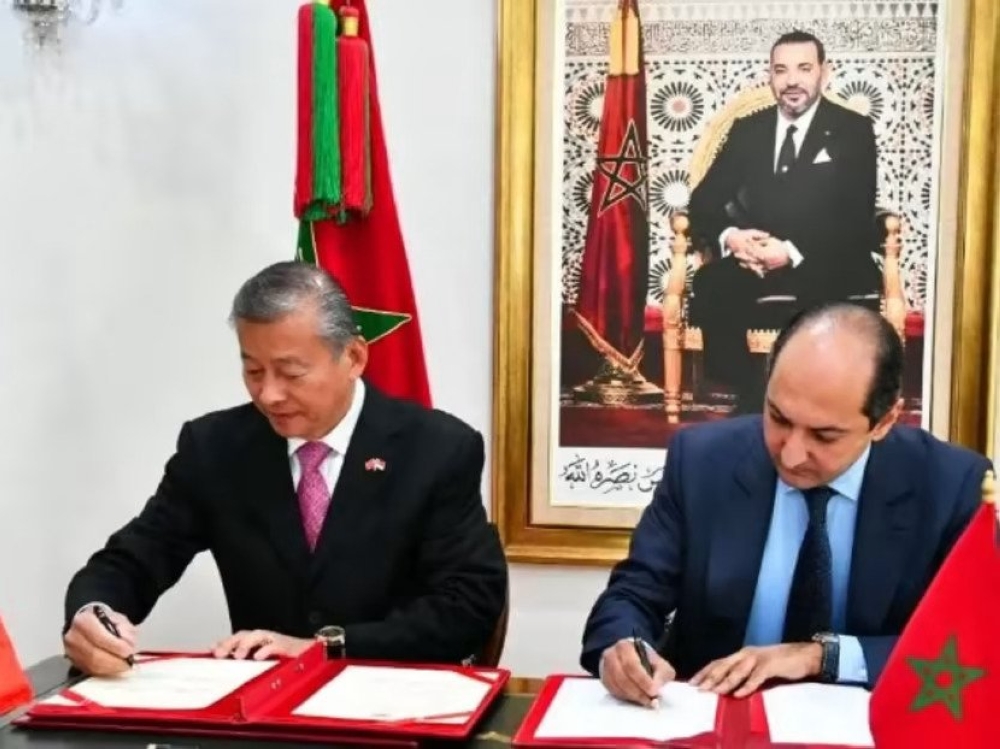Let me help with a little bit of background on this chap.
Singapore presidential hopeful George Goh’s journey from a kampung boy in Malaysia who sold sugarcane juice to an international businessman




George Goh (pictured) became a Singapore citizen in 1990 after moving here from Malaysia in the 1970s. — Picture via Facebook/George Goh Ching Wah
Follow us on
Instagram, subscribe to our
Telegram channel and browser alerts for the latest news you need to know.
Tuesday, 13 Jun 2023 10:12 AM MYT
SINGAPORE, June 13 — When presidential hopeful George Goh was a teenager, he wondered if his family would always remain poor.
He grew up in a small kampung in the Malaysian state of Negeri Sembilan as the seventh of nine children, but his parents had to give away two sisters because they could not afford to raise them, and a sibling died at four weeks old when their family had no money for medical help.
-ADVERTISEMENT-
“At 16, I wondered if my family would get out of poverty,” Goh, 63, wrote on his website that documents his background and work as an “entrepreneur, philanthropist, diplomat and youth mentor”.
In the 1970s, Goh came to Singapore in search of work.
He later became a Singaporean citizen in 1990, a spokesperson for Goh told TODAY.
ADVERTISING
Yesterday, Goh announced his intention to contest the upcoming Presidential Election. This came on the heels of Senior Minister Tharman Shanmugaratnam‘s announcement last week that he is planning to stand for the election.
Goh said in a statement that he would contest as an independent candidate with “no political baggage”, having had “no political party affiliations — past or present”.
The father of four is the chairman of Ossia International, a footwear, sports and fashion retailer listed on the Singapore Exchange, and is the founder of Harvey Norman Ossia, which is responsible for introducing the Australian electronic appliances retailer to the region.
Dropped out of school
Born on Nov 25 in 1959, Goh lived with his family in a wooden house with a roof made of zinc panels.
He told Chinese daily Lianhe Zaobao in February this year that water would leak from the zinc roof on rainy days, so he and his siblings had to get buckets to catch the dripping water.
Their house had no running water or electric lights then, and they relied on just one oil lamp at night.
In order to earn pocket money for his lunch, Goh would sell sugarcane juice at bus terminals as a student. He also held other odd jobs, including collecting used condensed milk tin covers in exchange for five cents each time.
When he realised that their family situation was not improving, he decided to drop out of school to start earning money.
He told his father that he was not the type who could study and would not make it to the university.
In search of work, Goh moved to Singapore in the 1970s while he was still a teenager.
He found a job as a general worker at a shoe factory in Geylang, earning a weekly salary of S$15, he told
The Straits Times in an interview in April 1993.
In his spare time, he also learned to make shoes from those who were willing to teach him.
He would go on to open a small shoe factory in 1982 with some partners.
When asked why they had chosen to name their shoe manufacturing company De’classici, Goh told The Straits Times that his business partner said they “should have something from France and something from Italy” and that was how it came to be.
An undated photo of George Goh (centre) with the board and senior management staff members of Harvey Norman Asia from his website. — Picture by George Goh Ching Wah via TODAY
Shoe business
The shoe manufacturing business marked the first of many other ventures that Goh undertook.
He told Lianhe Zaobao that his youngest brother later joined the business, and with one other brother who was already a partner for the shoe factory, they then established Ossia Trading, importing and exporting shoes from Hong Kong, Indonesia, Japan, mainland China, Taiwan and Thailand.
By 1987, the company had expanded to trading and distributing imported designer shoes from Italy and Spain, which included famous brands such as Christian Dior and Yves Saint Laurent.
The brothers gradually expanded their business to include sporting goods, fashion, luggage and outdoor products.
In 1996, the company — which was registered as Ossia International by then — was listed on the Singapore Exchange.
Based on publicly accessible information, Goh now holds 57 directorships in companies registered in Singapore.
To support the underprivileged, he and his wife set up Border Mission in 2015, a charity focused on helping the poor in Singapore and the Himalayas.
“I will never forget what it’s like to be hungry and in need,” he said.
Since then, the organisation has also helped cardboard collectors and other elders who collect recyclable materials for a living, by providing them with lightweight trolleys to enable them to collect more materials in exchange for money, he told Lianhe Zaobao.
Border Mission reached out to recycling firms and advocated for a higher selling price for this group of income-earners.
Today, Goh serves on the board of various non-profit organisations, including the Red Cross Society, the Presbyterian Community Services and the Presbyterian Preschool Services.
A photo from George Goh's website showing him (second from right) distributing new trolleys to cardboard collectors. — Picture by Goh Ching Wah via TODAY
Music and faith
In pursuing his interest in music, Goh received his degree in opera and classical music last year.
Having recently completed his examinations for his honours degree in July last year, he will be preparing for his graduation ceremony this year, where he would be conferred an honours degree in music performance from Trinity College London, he told Lianhe Zaobao.
Goh is as vocal about his love for music as he has been about his religious faith.
In a June 6 interview with Salt&Light, a Christian community news site, he said that the shoe factory in Geylang where he had worked in the 1970s was located near an old church.
A few church members visited the shoe factory with a guitar and started singing hymns there. They later invited Goh and other factory workers to their church.
“The hymns were beautiful. I couldn’t even read the lyrics, but I loved the hymns,” he told Salt&Light.
Later, after becoming a Christian, Goh went on to serve in church as a choir member.
“Every month, two to three weekends, I’m still singing as a choir member. I have been singing for the last 40-over years.”
George Goh signing a letter of intent on cooperation in capacity building with a senior Moroccan official. — Picture by Goh Ching Wah via TODAY
Time as envoy to Morocco
Goh was appointed Singapore’s non-resident ambassador to Morocco in June 2017.
Goh said on his website that during his service as Singapore’s non-resident ambassador to Morocco, he had set up the Honorary Consulate-General office in Casablanca in February 2020.
He added that the Honorary Consulate-General of the Republic of Singapore safeguards the interests of Singaporeans visiting, living and working in Morocco and promotes bilateral, political, economic and cultural links between Singapore and Morocco.
Together with his counterpart Ouadia Benabdellah, he set up the Moroccan Chamber of Commerce in Singapore to facilitate investments and connect businesses.
Goh added on his website that his term as ambassador was renewed on September 2020.
In his statement on Monday, he said that he tendered his letter of resignation to the Ministry of Foreign Affairs on June 9 this year to contest the upcoming election. — TODAY











